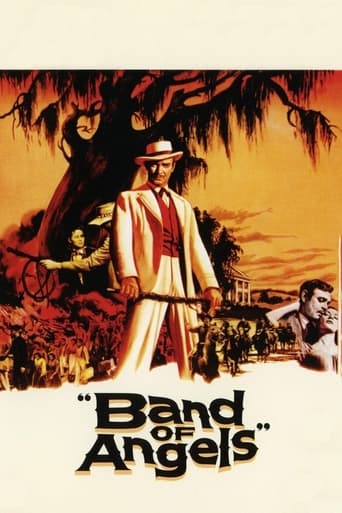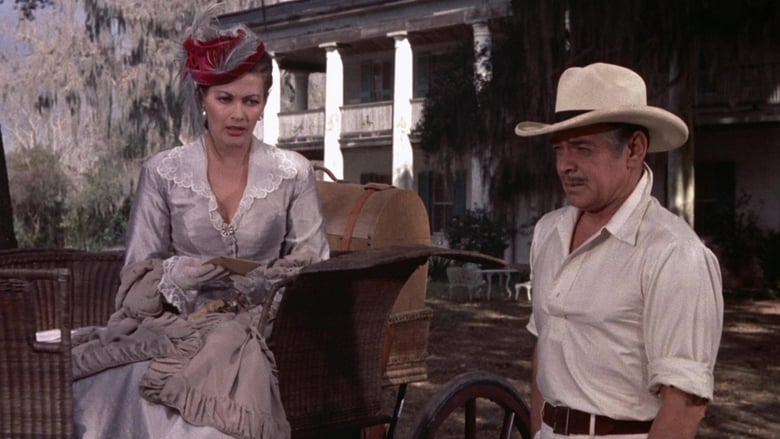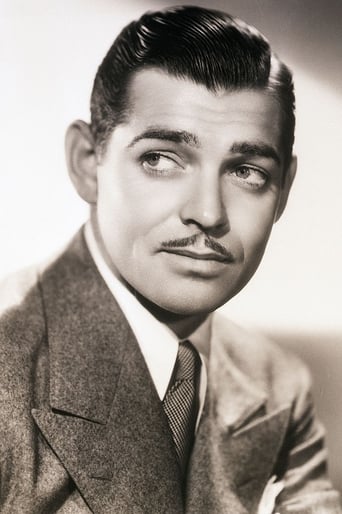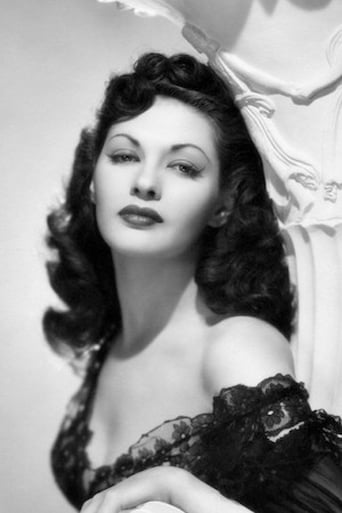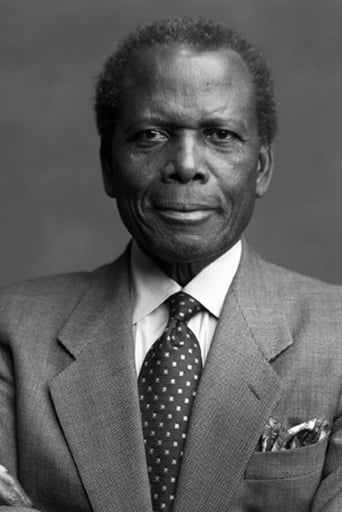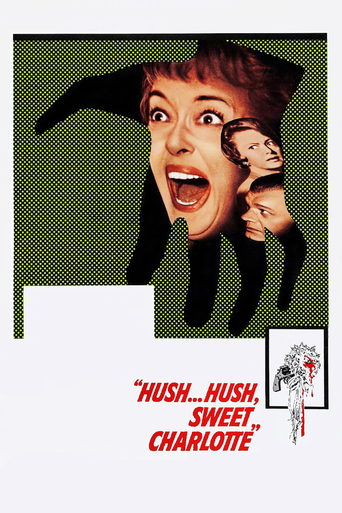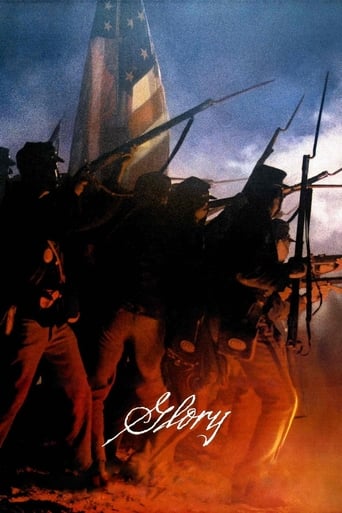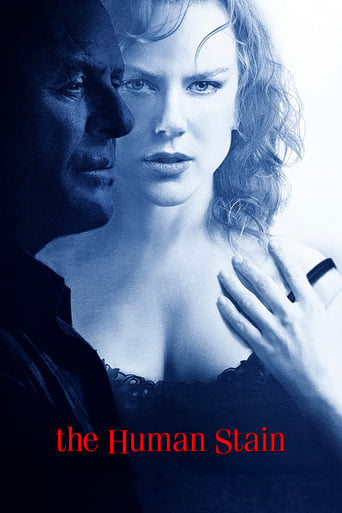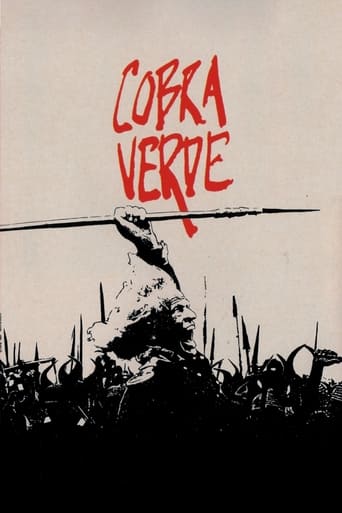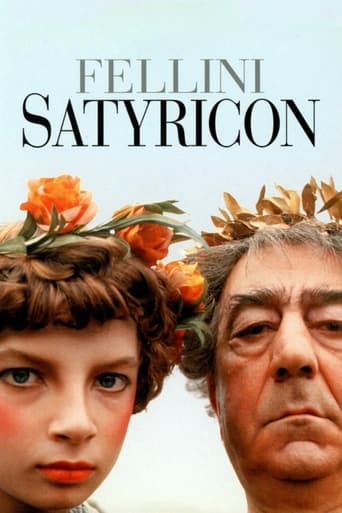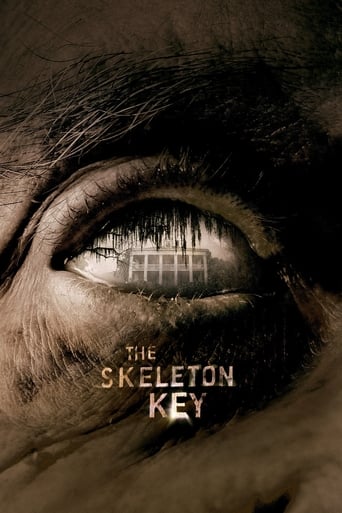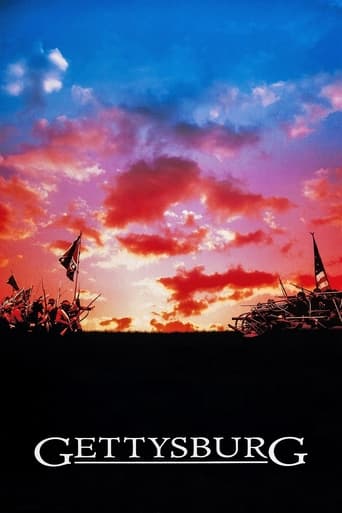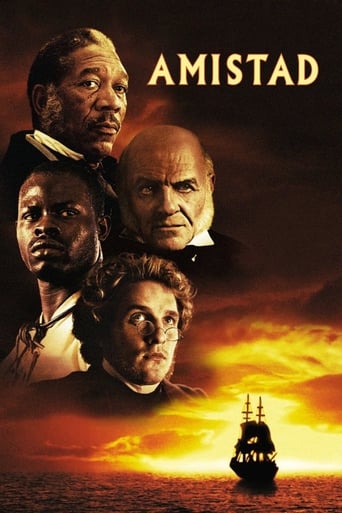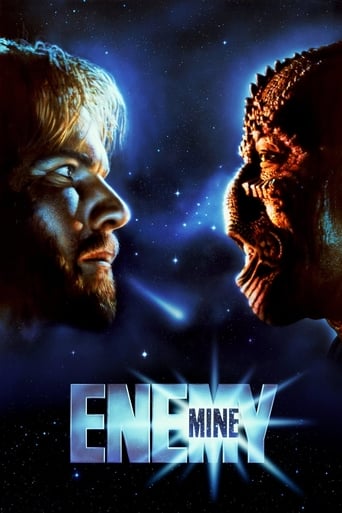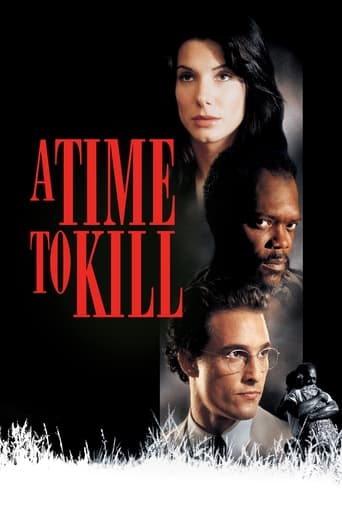Band of Angels (1957)
Living in Kentucky prior to the Civil War, Amantha Starr is a privileged young woman. Her widowed father, a wealthy plantation owner, dotes on her and sends her to the best schools. When he dies suddenly Amantha's world is turned upside down. She learns that her father had been living on borrowed money and that her mother was actually a slave and her father's mistress.
Watch Trailer
Cast


Similar titles
Reviews
While Band of Angels has a very captivating premise, it's so terrible you'll wonder why you didn't just watch Gone with the Wind for the thirtieth time instead of taking a chance on it. It's another Civil War drama that takes place on a large Southern plantation, starring Clark Gable without a Southern accent. The costumes, designed by Marjorie Best, are breathtakingly beautiful, however, and every bit as lovely and authentic looking as Walter Plunkett's costumes in Gone with the Wind. The clothes are really the only good part of the film, so if you're the type of person who watches movies only to look at the costumes, rent this one.Yvonne De Carlo is a Southern belle, but when her father dies, her mother's race is revealed. Not only is Yvonne the descendant of a slave, but she has lost her inheritance to her father's plantation and fortune, and she's carted off to the selling block and sold as a slave. Wealthy plantation owner Clark Gable buys her with intentions to make her his mistress. I know the plot sounds like something you'd want to watch—it sounded that way to me, too—but there are lots of reasons why the film was so torturous. Either director Raoul Walsh gave his actors atrocious advice on how to deliver their lines, or everyone was naturally atrocious without his help. Clark Gable rattles off his lines the way he always does, quickly, without feeling, and with a sense that he's not really listening to himself. Carolle Drake, Clark's former slave mistress, reads her lines with worse delivery than a cold audition. And, as if to make up for it, Tommie Moore, another of Clark's slaves, hams up every single line as if she belongs in a bad community theater production.If horrible acting doesn't bother you, Max Steiner's score will. Just as an example, when Rex Reason announces he's been recruited to make speeches for President Lincoln, Max's music plays "I've Been Working on the Railroad" as he triumphantly leaves for his assignment. It's classic Max Steiner, which means he'll use silly ditties and score a drama as if it's a cartoon.On a side note, Sidney Poitier plays Clark Gable's "head slave". In the story, he seethes and resents Clark's kindness, and in his major scenes, he plays more a villain than a hero. I can't imagine white audiences in the 1950s were pleased with his character; it's pretty amazing he had a career after this movie.
This movie is something else I must say. I just don't know how to take it. I guess the thing that upset me the most was this movie was another example of Hollywood being racist, while telling a story about racism, their displaying racism. First thing that upset me was they cast a white actress to the part of a mixed black person, Hollywood did this often in movies about mixed race people (Pinky, Lost Boundaries, Imitation of Life, Show Boat), they always would cast white actors and actress and try to make them look ethnic, instead of hiring light-skinned black actress and actors to play the part, it would bring an authenticity to the role if a real black played the part. For this particular movie, Band of Angels, Hilda Simms (famous for playing Anna Lucasta on Broadway) who was a beautiful, talented, light-skinned black woman, would have been perfect as Manty, but as some reviewers have said, a true black and a white kissing and being in love on screen was taboo and something the world wasn't ready to see yet, but it was okay to see a "pretend black girl played by a white" and a white man in love, how much sense does that make??? Manty once lived as a white privileged girl, so when she finds out she's "black," she can't accept her blackness or the black side, and throughout the movie she's still acts like a white girl, detached in many ways. Yvonne De Carlo, doesn't even play the tragic mulatto well, she seems very cold, especially when she's on the black side. Its because she has no experience as a black, she can't bring that experience to the role, so she seems very detached and going through the motions in some parts of the movie. She couldn't bring the suffering and hardships of being black like a real black actress could.This movie showed some truth about slavery, many white slave masters were sleeping with black women and having black mistresses. Where do you think all these different tones of black people come from? Many blacks have white ancestry, but most whites won't admit they have black relations. Many slave masters would keep their mixed race children a secret from their white families. President Thomas Jefferson has black descendants, from the children he had with his black slave mistress, but most white descendants of Thomas Jefferson haven't been as welcomed to them. I saw a common theme in this movie it seems the men couldn't wait to sleep with or rape the light-skinned Manty, proving that during slavery, many light-skinned black women were used as sex slaves back then, but yet still slaves.Another thing about this movie is the "one drop of black blood" rule. This was something made up by whites to keep mixed race people out of their race. Whites wanted to keep their race pure, so even if a mixed race person looked more white, that drop of black kept them from being white. They didn't have a choice to choose to be black or white. White people were in denial of their black-white relations and gung-ho about not accepting mixed race ones, and that's still true to this day. Our President Obama is of mixed race, but people call him black. Also back then there was a rule that if your mother was a slave, you had to be a slave. That was one way slave owners could keep more slaves from being free. Quite a few black men were able to buy their freedom, but most black women couldn't afford their freedom and plus if a slave was of mixed race, she still had to be a slave, even if her father was a white man, if her mother was black she still had to be a slave.There's some discrepancies in this film, I doubt in real life back then a Manty could just be crossing the color line back and forth, being black then being white. If you were lucky enough to pass and get away with it, you ran away somewhere no one knew you. If you were known as black, people would keep an eye on you so you wouldn't pass. Manty had more freedoms then a black girl would be given in true life back then, and she had more freedoms then even white woman would ever be given, so I doubt Manty would just be all over the place like she was in this film. Slave masters back then who were having affairs with blacks, didn't carry on so openly as this movie suggest. I doubt in real life Manty and Clark Gable would ride out into the sunset and live happily ever after.I could understand the bitterness of Rau-Ru, Clark Gable's character buy slaves and supposedly treat them nice, to make up for being apart of the slave trade, but yet his slaves are still slaves, not free to go and come as they please. I wonder how many white slave owners back then thought they could make up for buying slaves by being nice.Michele, played by model Carrole Drake, is a pretty house slave, who once was the mistress of Clark Gable, but when Manty was brought in, Michele had to move over, but she still loves him. It supposedly was taboo for a black and white romance, but anyone could see Michele and Clark Gable had something going on between them, without kissing. Carrole never did any other films, and that's ashame, she was wonderful in this part.Tommie Moore was marvelous as the spunky, naughty, sassy Dolly, she was a wonderful black actress who people don't even know. She was a great actress, but like many black actress and actors it was hard to find work and get recognition. Juanita Moore, famous for Imitation of Life, was wonderful in her small part.
It's with some sense of poignancy that, in the late 1950s, the old guard of Hollywood began to finally fade away. With Band of Angels we have a middle-aged Clark Gable in one of his last ever archetypal he-man roles, Raoul Walsh, one of the few directors left who had been around since the beginning, and John Twist, a writer of adventures and romances who had started back in the silent era. These men were professionals of their day, still able to turn out a good production, and yet it was also clear they were becoming hopelessly out of time.Band of Angels is one of many pictures from this time to take a stand on racial issues, and yet even by the standards of the time it is a woefully misguided attempt. Rather than using Yvonne De Carlo's situation to demonstrate the horrors of slavery and make the point that a person's colour is skin deep, it seems to present her being branded black as something horrifying in itself. It holds up kindly masters in mitigation of slavery, and even goes so far as to condemn a slave (the Sidney Poitier character) who is ungrateful for this condescending attitude. There's also a full supporting cast of cringeworthy stereotypes – including a "mammy" – and all the drawling and eye-rolling that cinema had mostly put-paid to by this time. The makers of the movie meant well, I'm sure, but it is clearly a case of old Hollywood trying to do The Defiant Ones while still stuck in Gone with the Wind mode.And yet there is much to be said for old Hollywood. Walsh's dynamic direction brings an iconic look to scenes like Gable and De Carlo's kiss during the storm. He brings real intensity to the duel between Gable and Raymond Bailey, stealthily moving the camera forward as the two men get closer to each other (a trick he first used in his 1915 feature debut, Regeneration). Despite his age Gable is still very much the virile, eye-catching lead man, and this is a decent performance from him – check out the look in his eyes when he slaps his rival at the slave auction. There is also some achingly beautiful cinematography from Lucien Ballard, with some gorgeous Southern scenery and really effective lighting of interiors, achieving a look with candlelight and shadow that was hard to pull off in Technicolor. Band of Angels is, if nothing else, a movie to be enjoyed visually – and in this way more than any other harks back to a bygone age.
Gone with the Wind is fantastic, but Band of Angels stands alone as the great work of Clark Gable. With Stunning support from other cast members, this civil war drama plays with an unbridled sense of pure adventure. The first time I saw this film I was awe struck, the second clinched the deal. Its a great story with even better performances by Gable and Poitier and Yvonne De Carlo, together they really bring this film into the heart. Its too bad that film has been overlooked through history, I truly feel that if you watch this film, you too will have a new appreciation for Civil War drama. Not saying that one would not already, but Mr. Hammish Bond (Gable), is truly a southern rouge with a unique past who brings the genre into a new light.

